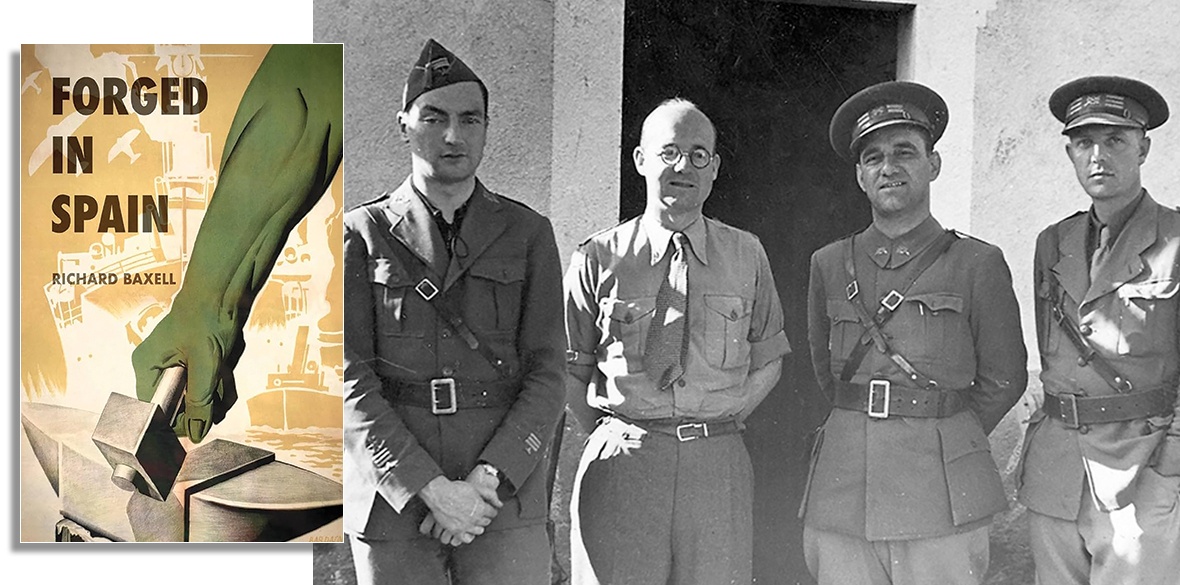This is the last article you can read this month
You can read more article this month
You can read more articles this month
Sorry your limit is up for this month
Reset on:
Please help support the Morning Star by subscribing here
Forged in Spain
Richard Baxell
Clapton Press, £16.99
RICHARD BAXELL’s new book has 10 chapters which provide short yet detailed and vivid biographies of 12 of those who fought in the Spanish civil war.
Seven were International Brigaders (Malcolm Dunbar, Sam Lesser, Peter Kerrigan, Alexander Foote, Clive Branson, Alex Tudor-Hart and Ronnie Burghes). One fought with the POUM (Stafford Cottman) and one with Franco’s forces (Peter Kemp).
Leah Manning is remembered for her role in ensuring the evacuation and settlement in Britain of Basque children.
Finally a chapter is devoted to the Haldanes (Charlotte, her second husband JBS Haldane and her son by her first husband, Ronnie Burghes) forming “the one case of an entire family volunteering for Spain.”
All 12 were politically committed, to a greater or less extent, well before 1936 and, if they survived, remained so. Eleven were communists or socialists, and then there is Peter Kemp, whose “deep-seated hatred and fear of Communism” propelled him into the Anti-Communist League as a teenager, through Spain, and then into the Special Operations Executive.
One shudders at what he got up to post-war as he sought out various “conflict hot-spots,” including Indonesia and the Belgian Congo. In 1956 a British embassy Rolls-Royce whisked him from Hungary after the Kadar government gave him 24 hours to leave.
The great strength of the book lies in Baxell’s project of showing how these individuals’ life stories were given a defining “barricade moment” of political clarity during the war, and how the conflict called forth previously unknown strengths of leadership and organisation from its participants. Malcolm Dunbar, “the forgotten warrior” is a particular example of this, although sadly in 1963 he died a lonely and controversial death.
This is not a book that provides a balanced account of the war itself, because the political and military context of these personal histories is, of necessity, fragmented. There are scattered and tendentious comments on complicated and contentious issues such the role of POUM and the Soviet Union which lack the attention to evidence of the rest of the book.
Neither is the book balanced in terms of the backgrounds of the participants in the war: no fewer than five of Baxell’s subjects were educated at public schools, while the two women were mainly educated privately. Were the majority of his subjects, therefore, not forged as much ”on the playing fields of Eton” as in Spain?
Nevertheless the personal stories are absorbing and exceedingly well told, as Baxell skilfully interweaves varied sources — archival, oral history and autobiography.
The book provides a fresh and fascinating perspective on our understanding of the very human side of the conflict.










